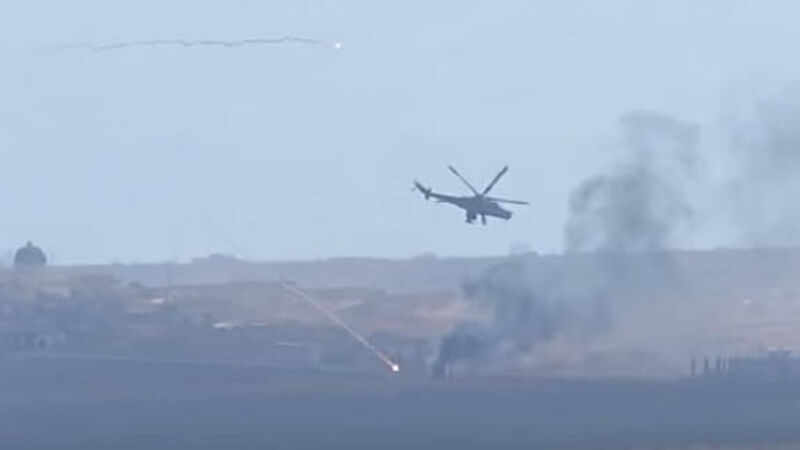Government's ‘disgust’ at Russia’s bombing in Syria

The Dáil is now expected to issue a united statement on “war crimes” currently being carried out in Syria later in the week.
Speaking in the Dáil, Enda Kenny said there have been “catastrophic deaths of men, women and children in particular, with the bombing of hospitals” in Aleppo.










